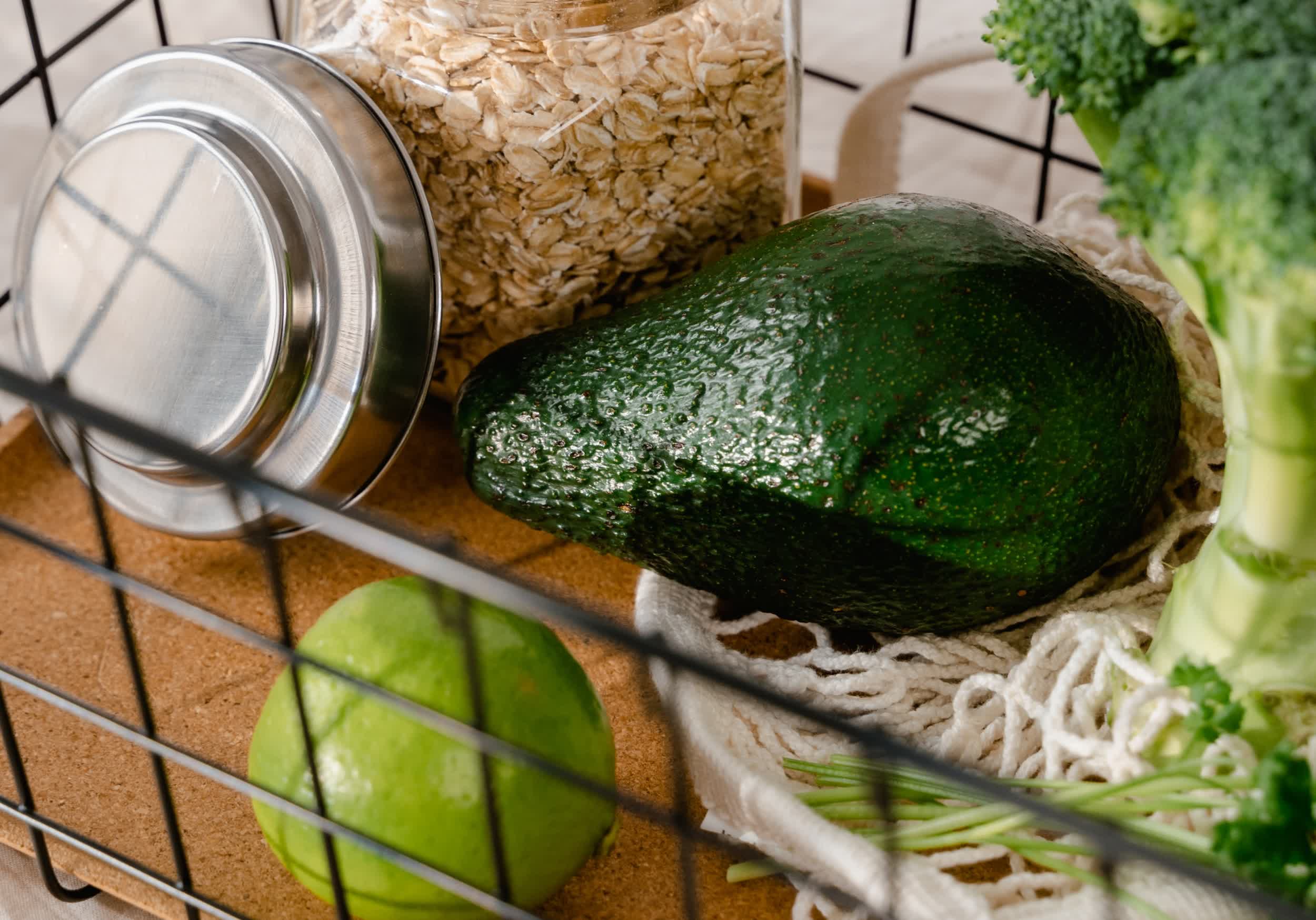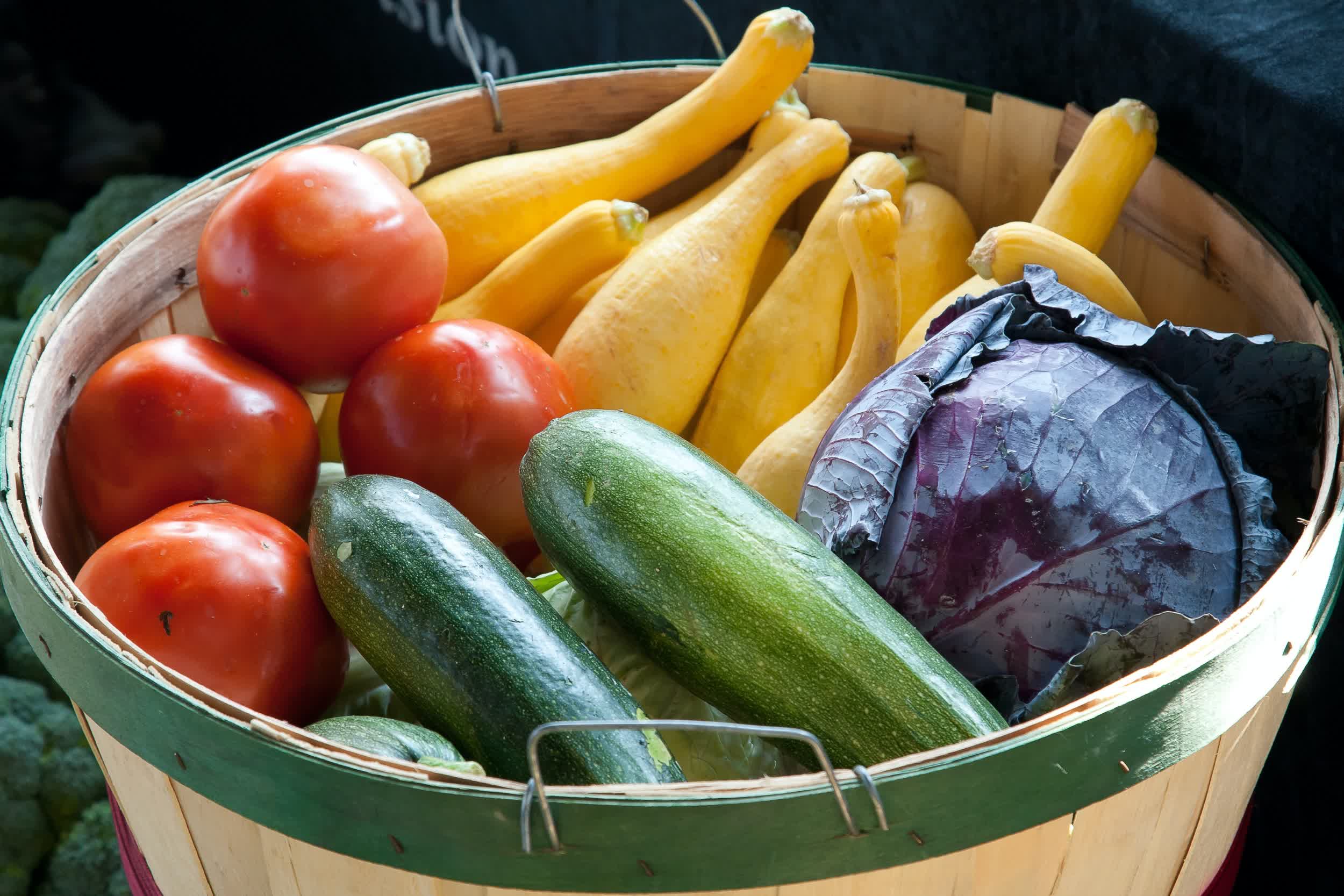Forward-looking: Researchers from Rutgers and Harvard have developed a plant-based, spray-on coating that could replace petroleum-laced plastic products in food packaging. The process, called focused rotary jet spinning, involves spraying a material comprised of polysaccharide / biopolymer-based fibers onto foods. Much like shrink wrap, the material conforms to the shape and size of the item and is robust enough to protect it against bruising during transportation.
The fibers contain naturally occurring antimicrobial agents including thyme oil, nisin and citric acid that protect against spoilage and pathogenic microorganisms like listeria and E. coli. In testing, the coating was able to extend the shelf life of avocados by 50 percent. The coating can easily be rinsed off with water and breaks down in soil within three days, virtually eliminating environmental concerns associated with the use of petroleum-based plastic containers and wrap.
The researchers' article has been published in the journal Nature Food.

"I'm not against plastics," said Philip Demokritou, director of the Nanoscience and Advanced Materials Research Center at Rutgers. "I'm against petroleum-based plastics that we keep throwing out there because only a tiny portion of them can be recycled.
"Over the past 50 to 60 years, during the Age of Plastic, we've placed 6 billion metric tons of plastic waste into our environment. They are out there degrading slowly. And these tiny fragments are making it into the water we drink, the food we eat and the air we breathe."
The research was funded by the Harvard-Nanyang Technological University / Singapore Sustainable Nanotechnology Initiative. There was no mention of commercializing the tech but that's no doubt the end goal.
Image credit: Mark Stebnicki, Tima Miroshnichenko
